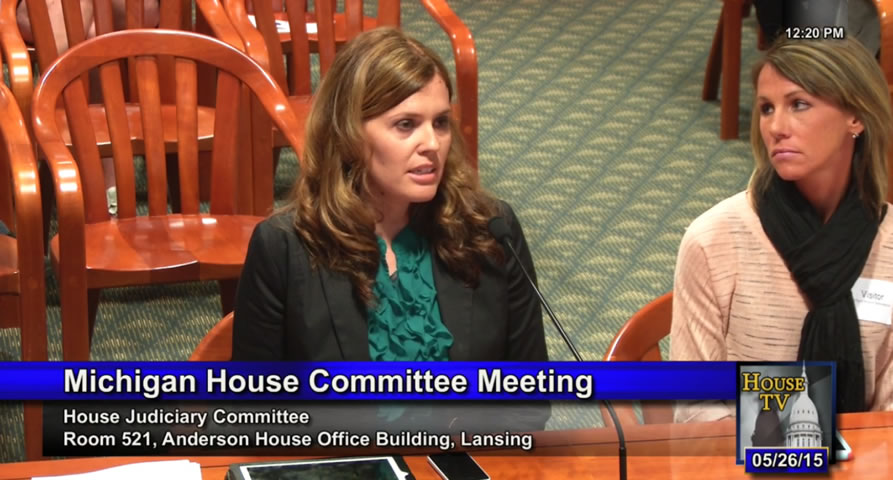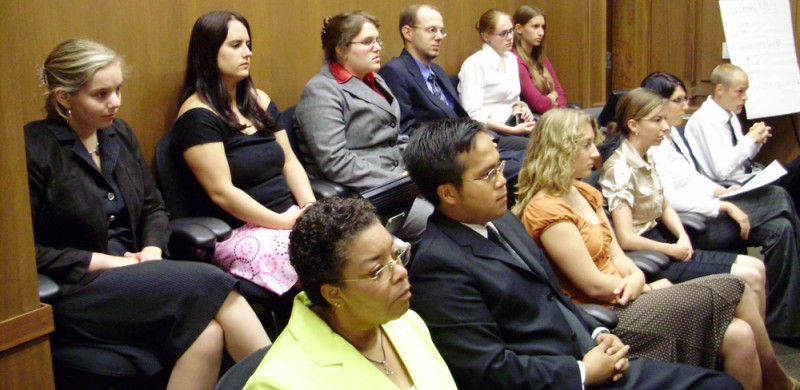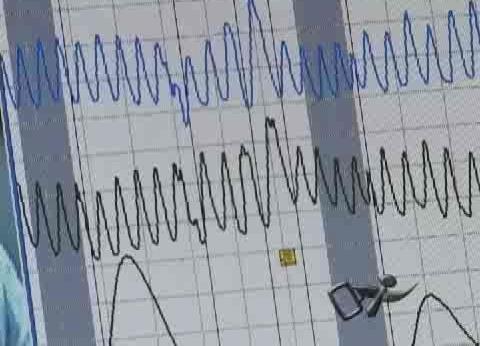For the first time, scientists have uncovered the precise neurological impacts of cannabis use that give rise to the phenomenon famously referred to as the “munchies,” as revealed by an innovative study backed by federal funds.
Researchers at Washington State University (WSU) have recently published their findings in the journal Scientific Reports, shedding valuable light on the neural mechanism through which cannabis activates a specific cluster of neurons in the hypothalamus region of the brain, resulting in an increased stimulation of appetite.
The hunger-inducing effects of marijuana are well-known among consumers. However, recent findings from animal research provide valuable insights that could potentially lead to targeted therapeutics for addressing conditions such as anorexia.
RESTORE YOUR SECOND AMENDMENT RIGHTS
RESTORE YOUR PROFESSIONAL LICENSE
RESTORE YOUR DRIVER LICENSE
RESTORE YOUR PAST (Expungements)
Call our Office for a free case evaluation
Komorn Law (248) 357-2550
Professional License Restoration / Rights Restoration / Record Expungments / Driver License Restoration
After exposing mice to vaporized cannabis, the researchers utilized calcium imaging technology, akin to a brain MRI, to monitor the changes in neuron activity. Through their investigation, they discovered that marijuana vapor attached to cannabinoid-1 receptors in the brain and activated Agouti Related Protein neurons in the hypothalamus, commonly known as “feeding” neurons.
Calcium imaging has been used to study the brain’s reactions to food by other researchers, but this is the first known study to use it to understand those features following cannabis exposure.
As part of this research, it was discovered that the cannabinoid-1 receptor, which is a target of cannabis, regulates the activity of Agouti Related Protein neurons. These particular neurons are well-known for their involvement in controlling feeding behavior and are located in the hypothalamus. This finding sheds light on the intricate connection between the cannabinoid system and the regulation of these essential cells in the brain.
With the help of this information, scientists employed a “chemogenetic” technique, acting as a molecular light switch, to specifically target these neurons in animals exposed to cannabis. By deactivating these neurons, the appetite-stimulating effects of cannabis were no longer present.

Komorn Law – Federal Courts and All Michigan Courts
“We now know one of the ways that the brain responds to recreational-type cannabis to promote appetite,” said Davis.
This work builds on previous research on cannabis and appetite from Davis’ lab, which was among the first to use whole vaporized cannabis plant matter in animal studies instead of injected THC—in an effort to better mimic how cannabis is used by humans.
In the previous study, researchers discovered genetic alterations in the hypothalamus as a response to cannabis. Therefore, in this investigation, Davis and his colleagues specifically concentrated on this particular region.
Now tell us why it makes food taste so much better!
Read more here – Cannabis activates specific hunger neurons in brain
More Posts

Michigan Medical Marihuana Patient Bill of Rights
On November 8th, 2008, by a majority of 63 percent, the citizens of the State of Michigan voted into law the constitutional initiative, Initiated Law 1 of 2008, ratified into law December 4, 2008, herein referred to as the Michigan Medical Marihuana Act, MCL 333.26421...

Colorado Supreme Court: Employers can fire for off-duty pot use
The Colorado Supreme Court ruled Monday Jun 15, 2015, that Employers’ zero-tolerance drug policies trump Colorado’s medical marijuana laws. In a 6-0 decision, the Colorado Supreme Court affirmed lower court rulings that businesses can fire employees for the use...

How a sex toy put spotlight on Michigan civil asset forfeiture laws targeted for reform
The headlines read... "How a sex toy put national spotlight on Michigan civil asset forfeiture laws targeted for reform" "State Legislators Reconsider Forfeiture Laws That Turn Cops Into Robbers" "Why Take My Vibrator?" Cops Legally Rob "every Belonging"...

Reform Today’s Forfeiture Laws
Everyday, I get calls to my office from medical marijuana patients and caregivers who have been raided or pulled over by police. Often times, these individuals are not arrested, and little if any paperwork is left behind by the various Narcotics Enforcement Teams....

KOMORN LAW NEWSLETTER ISSUE #1 May 2015
The Michigan Legal Advisor News Letters. Read the current newsletter from Michigan's #1 Medical Marijuana Defense Attorney Michael Komorn. KOMORN LAW NEWSLETTER ISSUE #1 May 2015 Michael Komorn is recognized as a leading expert on the Michigan Medical...

Attorney Michael Komorn Lectures Students at the U of M Law School
I wanted to give a huge thanks to University of Michigan Law School Professors Howard Bromberg, Mark Osbeck and Law School class. This past Thursday I had the honor of being asked to speak about my favorite topics, the Michigan Medical Marihuana Act and the practice...

Jury Selection In Marihuana Cases
A jury trial is fundamental to our democratic system of government. Every American citizen should embrace this responsibility by participating, and ensure justice prevails. by Michael Komorn I just picked a jury in a marihuana case, there were several perspective...

Planet Green Trees Radio Episode 149-MSC People v. Koon
The best resource for everything related to Michigan medical marijuana with your host Attorney Michael Komorn. Live every Thursday evening from 8 -10 pm eastern time. By Michael Komorn The Michigan Supreme Court issued a unanimous opinion making a finding that...

Polygraphs Proven Unreliable, Used for Police Intimidation
Polygraphs are widely recognized as unreliable yet police still use them to elicit confessions. By Michael Komorn Many states don’t allow polygraph test to be admitted in court because they are unreliable. Their lack of reliability is widely recognized by criminal...

Arrests for DUI’s on the Rise
By Michael Komorn Arrests for DUI’s have been on the rise across Michigan. This trend could drastically increase as The National Transportation Safety Board (NTSB) has called on state authorities to reduce the legal limit to 0.05 percent. Currently, all 50 U.S. states...








